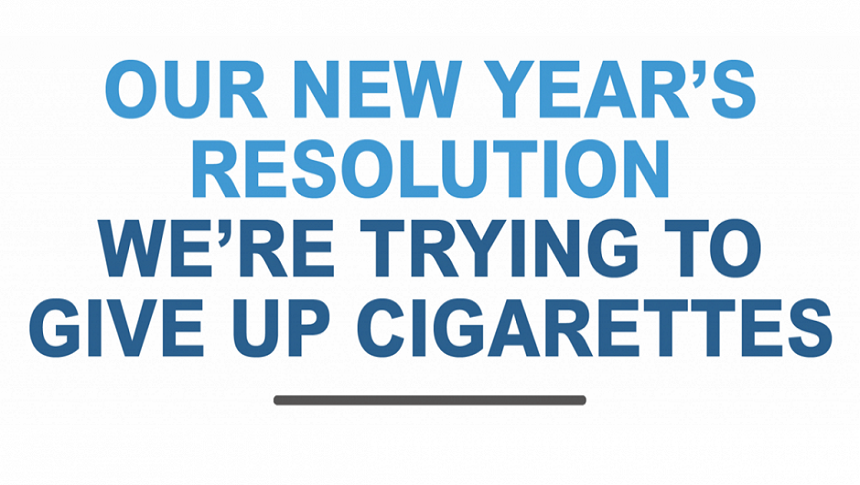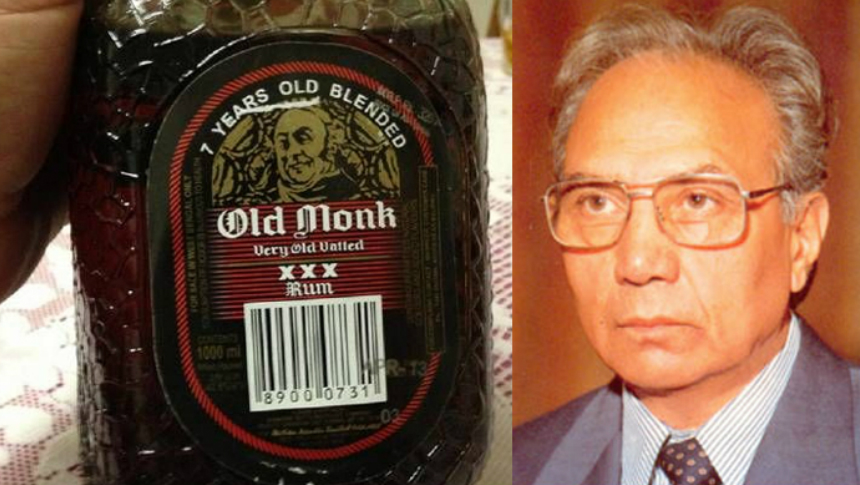Over the weekend, I was watching a cricket match. Australia vs England. Australia had finished their innings and England was batting. England got into a spot of trouble early on and the Australians were all around the batsmen hoping to make further inroads and win the match to keep them in the tournament. But things didn’t go according to plan and the two batsmen played England to victory.
Through the innings, the camera kept showing the increasingly frustrated face of the Australian captain. One of the commentators said, ‘This is the problem with the team, they have no Plan B’.

While the story has to do with sports, we find the same situation replicated in real life.
At one extreme, the storied situation United Airlines was in, where they had overbooked the flight (which happens all the time) and had to get a passenger to deplane. He refused (which they didn’t anticipate). And they called in cops to physically pull him out, causing injury to the passenger and to the brand. While this is probably the rarest of the rare, brands nowadays often face similar situations and how they react makes customers decide whether they want to stay on with it or not.
Amazon, of course, set the bar high, early on in their business, where refunds ‘no questions asked’ were just unheard of.
My experience with Amazon has always been good. They don’t always get their delivery right but their ability to fix it, I have found, is next to none.
Flipkart, on the other hand, is a mess from my personal experience. They seem to have no idea how to handle customer issues. And I have had two issues with two orders and stopped going back to them. (With great reluctance, I just bought a phone from their site last week, because only they had the model I wanted, and this is an issue too.)
Some of the newer brands have been very good. A few months ago, I ordered a shirt from the Bombay Shirt Company. As I was not in a hurry for it, I put it away to wear at an appropriate occasion. Some 3 months later, I pulled out the, by then, dry cleaned shirt and alas, the sleeves were too short. Unhappy that I had lost a few thousand rupees, I wrote to them about the problem. Within hours, I got a call from them. They said that they would replace it. And they did.
I have had similar good experiences with placesoforigin and dunzo. Swiggy and Bigbasket not so much.
The ‘born on the web’ brands seem to understand, though, that customer service is a key aspect of their brand proposition. They have made some investments in that space and are at varying levels of excellence. Offline businesses moving online that have traditionally not had to pay attention to this aspect of their business model need to undertake a cultural transformation to bring this to the core of their business.
The ‘born on the web’ brands seem to understand, though, that customer service is a key aspect of their brand proposition. They have made some investments in that space and are at varying levels of excellence. Offline businesses moving online that have traditionally not had to pay attention to this aspect of their business model need to undertake a cultural transformation to bring this to the core of their business.

When everything is going well, no one notices. It is when things go wrong that reputations get built.
One of my bosses, the founder of Direct Marketing, R Sridhar, published a booklet titled, ‘Life begins after the coupons come in.’ I think we can safely update it to ‘Brands get built when customer service kicks in.’


